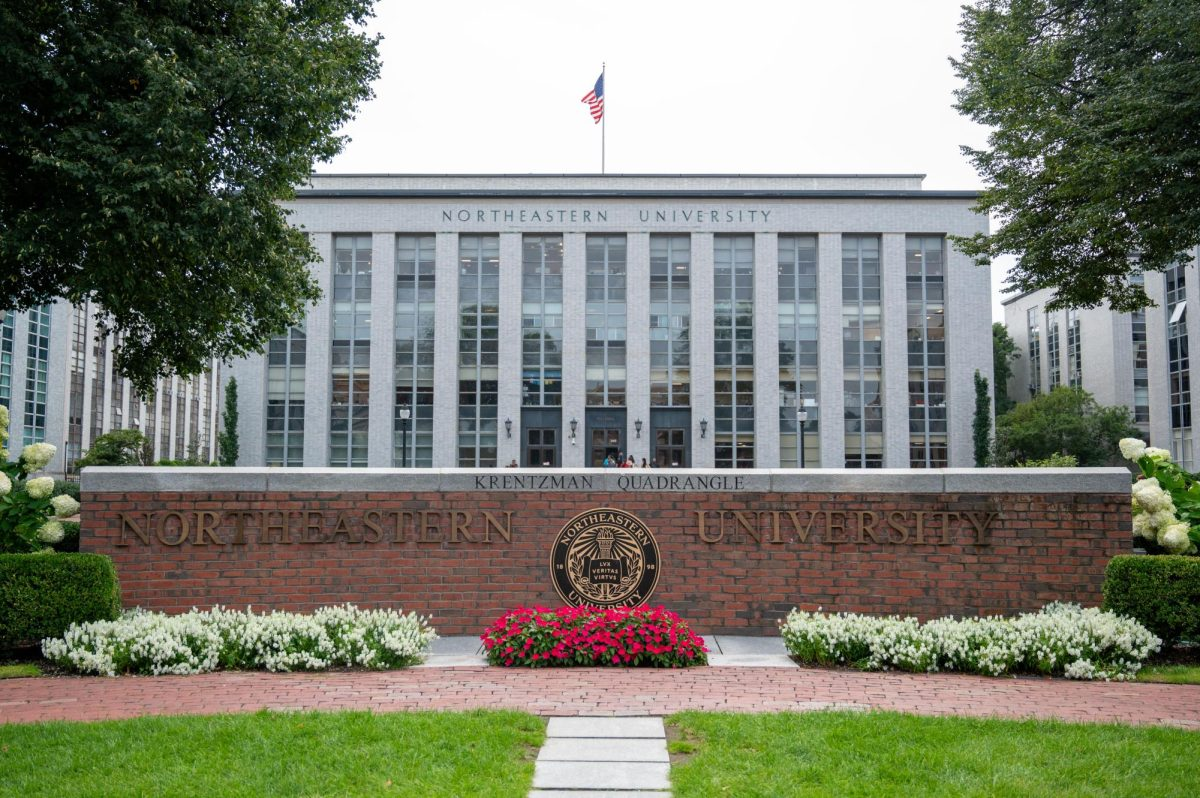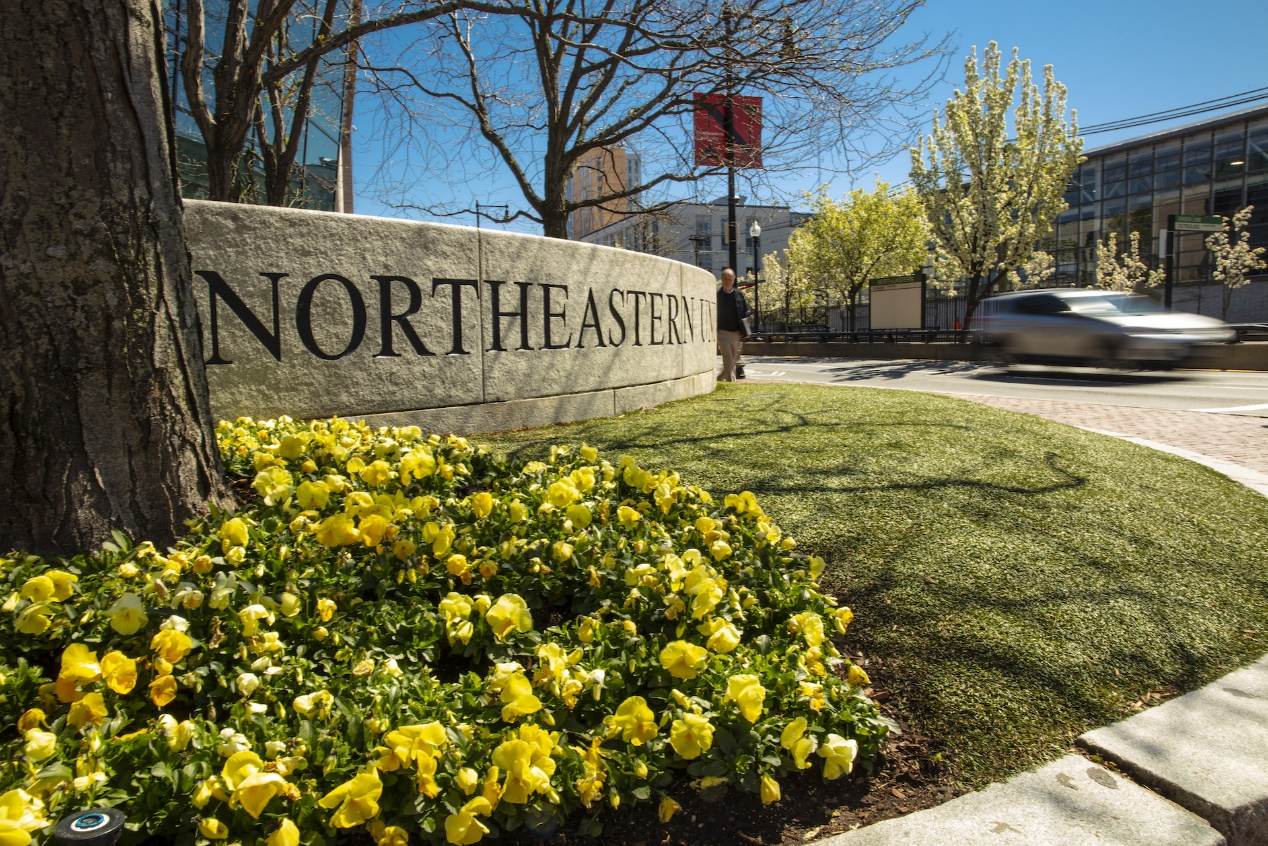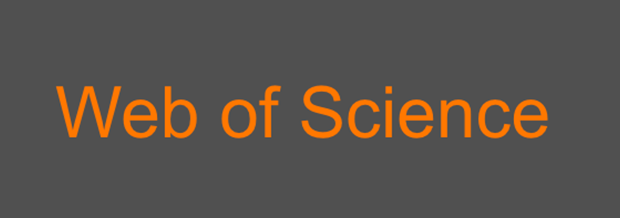Workshop Title:
Today's College Students and Faculty: How AI is Transforming Their Behaviors, Legally
Workshop Basic Info
Organizer:
Northeastern University
Workshop Chair:
Personal Bio:
Dr. Rick J. Arrowood is a distinguished leader with over three decades of experience in global leadership and nonprofit organizations. Recently, he has focused on simplifying AI and LLM technologies in the classroom. Dr. Arrowood is a faculty member at Northeastern University (Boston, MA, USA) and Boston College (Chestnut Hill, MA, USA), specializing in Management, Organizational Development, and Leadership.
With a global perspective, Dr. Arrowood has shared his expertise in global leadership across four continents. He holds Visiting Professor appointments at prestigious institutions, including the University of Central Punjab (Lahore, Pakistan), Vietnam National International University (Ho Chi Minh City, VN), and Swinburne University (Melbourne, Victoria, Australia).
Dr. Arrowood holds a Doctorate of Law and Policy from Northeastern University, a Juris Doctor from the Massachusetts School of Law, and a Bachelor's in Human Resource Management from Palm Beach Atlantic University. His diverse academic background reflects his commitment to continuous learning and multidisciplinary expertise.
Workshop Committee Members
Prof. Dr. Rick Arrowood, Northeastern University [email protected]
Prof. Dr. Iffat Khan, Northeastern University [email protected]
Background
Artificial intelligence (AI) is emerging as a transformative force, reshaping the behaviors of college students and faculty and impacting various aspects of academic life. AI-driven tutoring systems, automated grading, and personalized learning platforms offer tailored educational experiences, enhancing the learning process. However, the integration of AI also introduces ethical and legal challenges, particularly concerning academic integrity, data privacy, and the equitable use of technology. Educational institutions must navigate these challenges by developing and enforcing policies that ensure the responsible use of AI. This includes creating regulations to protect student data, maintain fairness in AI applications, and uphold the principles of academic honesty. Addressing these issues is crucial to harnessing AI's potential while safeguarding the rights and interests of all stakeholders in the educational community.
Goal/Rationale:
This workshop aims to explore the dual impact of AI on college students and faculty behaviors, with a particular focus on the legal and policy implications. As AI tools become more sophisticated, they assist students in writing assignments and help faculty with grading and administrative tasks. However, the convenience of AI-generated content raises significant concerns about maintaining academic honesty and upholding educational standards. Additionally, the extensive use of personal data by AI applications brings forth privacy issues that must be addressed within the legal frameworks of regulations such as the General Data Protection Regulation (GDPR) and the Family Educational Rights and Privacy Act (FERPA). This workshop will also delve into the policy-making aspects, examining how institutions and lawmakers can develop and implement regulations to ensure the responsible and ethical use of AI in higher education. By investigating these issues, this research seeks to provide a comprehensive understanding of how AI can be integrated into academic environments in a manner that upholds legal standards and promotes ethical practices.
Call for Papers
Scope and Information for participants
This workshop is aimed at any student, researchers, and individuals interested in the impact of AI on academic integrity, legal considerations, and data privacy and we will discuss the latest developments in AI technology and its implications. The aim is to exchange experiences among participants and ideas, and to share achievements. It is also expected to be able to offer solutions, recommendations, and discuss policies useful for educational decision-makers in order to ensure the ethical and legal use of AI in higher education. Several keywords are listed to share the potential themes with interested participants, while the topics are not limited to the provided keywords. Participants are encouraged to share insights, case studies, and innovative approaches that address these themes, contributing to the development of policies and practices that ensure the ethical and legal use of AI in higher education.
Keywords
- Artificial Intelligence
- Higher Education
- Academic Integrity
- Data Privacy
- Legal Frameworks
- Ethical Considerations
Topics
- Comparative Politics
- International Relations
- Political Theory
- Political Economy
- Political Philosophy
- Public Policy
- Political Theory
- Public Administration
- Domestic Policy
- Human Rights
- Cooperative Pedagogy
- Experiential Pedagogy
- Pedagogy of Differentiation
- Assessment for Learning
- Cybernetic Pedagogy
- Pedagogy of Multisensory Learning
Submission
All submitted papers should report original and unpublished work, experimental or theoretical, and are not under consideration for publications elsewhere. All papers should be no less than 4 pages in length and must strictly follow the format of the workshop template. All papers are subject to reviews and edits. Prospective authors are kindly invited to submit full text papers that includes title, abstract, introduction, tables/figures and references. Other styles of papers are not accepted. Please submit your papers in both .doc/.docx AND .pdf formats as attachments via email to [email protected] by the given deadline. It is unnecessary to submit an abstract in advance.
Publication
Accepted papers of the workshop will be published in Lecture Notes in Education Psychology and Public Media (Print ISSN 2753-7048), and will be submitted to Conference Proceedings Citation Index (CPCI), Crossref, CNKI, Portico, Google Scholar and other databases for indexing. The situation may be affected by factors among databases like processing time, workflow, policy, etc.
* The papers will be exported to production and publication on a regular basis. Early-registered papers are expected to be published online earlier.
Ways to Participate
To break the barriers of time and space and to provide seamless communication opportunities for worldwide scholars, both online and offline participation methods are supported for the workshop. Participants are encouraged to bring their own insights, experiences, and examples to share with the group through either presenting a poster online or attending in person.
Poster Session
The poster session will provide an opportunity for researchers to present their work in a visual and interactive way, allowing for more engagement and discussion with other attendees. Authors of qualified papers will be invited to present their works with digital posters. We believe that this online poster session will still be a great platform for participants to share, discuss, and cooperate. All accepted authors will receive an invitation email to present at the official workshop website. Please note that all poster presenters must submit the poster before November 6, 2024. Detailed information on your presentation date and time will be confirmed closer to the meeting. If you have any questions, please email [email protected].
Poster Presentation Guidelines
- Poster presentations must be prepared using the template provided:
*Poster layout template for poster presentation (download)*Poster layout background (download)
- Posters should generally be in A1 size (width: 594mm x height: 841mm) and
include the
followings:
Title, author and co-author names, and the affiliation(s) information.
Body parts, including "Abstract", "Introduction", "Methods", "Results", "Discussion" and "Conclusions".
- Presenters are suggested to set the font size properly and avoid placing anything at the margin part of the poster as it will be difficult to view.
- Posters should be well illustrated. All the pictures used should be high quality and with high resolution.
- All the posters will be displayed online on the official website. Each poster will have both a small thumbnail and a full-size version.
- Posters will be displayed during the online session. After the presentation is over, the full-size version of all posters will become invisible. But thumbnails still can be seen on the website.
(You can refer to the instructions for more detailed information. Additional presentation guidelines may be announced by workshop committees.)
Attendance Onsite
The workshop welcomes participants to attend on-site and share the innovative experiences and researches with the group. Therefore, we provide some general information about the visa application. If you want to attend the workshop on-site, please email the workshop committee: [email protected].
Visa
In order to ensure the information is correct and up to date, there may be changes which we are not aware of. And different countries have different rules for the visa application. It is always a good idea to check the latest regulations in your country. This page just gives some general information of the visa application
US Visa Information
The B-1/B-2 visitor visa is for people traveling to the United States temporarily for business (B-1) or for pleasure or medical treatment (B-2). Generally, the B-1 visa is for travelers consulting with business associates; attending scientific, educational, professional, or business
conventions/conferences; settling an estate; or negotiating contracts. The B-2 visa is for travel that is recreational in nature, including tourism; visits with friends or relatives; medical treatment; and activities of a fraternal, social, or service nature. Often, the B-1 and B-2 visas are combined and issued as one visa: the B-1/B-2.
Application Items
If you apply for a business/tourist visa, you must pay your $160 application fee and submit the following:
- A Nonimmigrant Visa Electronic Application (DS-160) Form. Visit the DS-160 web page for more information about the DS-160.
- A passport valid for travel to the United States with a validity date at least six months beyond your intended period of stay in the United States (unless country-specific agreements provide exemptions). If more than one person is included in your passport, each person desiring a visa must submit an application.
- One (1) 2 x 2 inches (51 x 51 mm) photograph taken within the last six months.
- If a visa is issued, there may be an additional visa issuance reciprocity fee, depending on your nationality.
In addition to these items, you must present an interview appointment letter confirming that you booked an appointment through this service. You may also bring whatever supporting documents you believe support the information provided to the consular officer.
Supporting Documents
- Invitation letter from business or school.
- Detailed CV or resume including a list of publications.
- Complete itinerary, including all meetings, conferences, and visits; include names, addresses, and telephone numbers of your hosts.
- For other materials, please refer to the U.S. Embassy or Consulate website.
NOTICE
Should your application be denied, the organizing committee cannot change the decision of visa officer, nor will ICILLP engage in discussion or correspondence with the visa application center on behalf of the applicant. The registration fee CANNOT be refunded when the VISA application of individual being denied.












